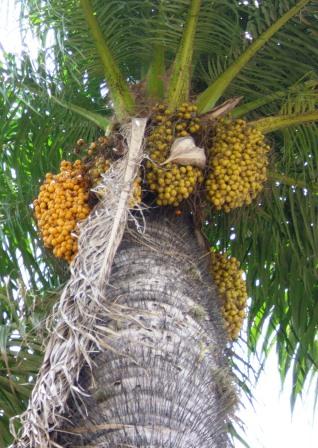Efficient Microorganisms as Biostimulators to Enhance Yields of Phaseolus vulgaris L. Cultivar Delicia Rojo 364
Main Article Content
Resumen
The aim of this paper was to evaluate the effect of efficient microorganisms (EM) on beans cv. Delicias Rojo 364. The study took place on La Rosa Farm, 3 km northeast of Esmeralda municipality, on a typical fersialitic brown reddish soil, between January and March, 2014. A randomized block design was made with four treatments (inoculation of the seed with foliar application every 7 days before planting; foliar application after germination; inoculation of the seeds before planting without foliar application of efficient microorganisms (EM); and a control), and four replications. The indicators evaluated were plant height, stem thickness, number of internodes, amount of pods per plant, seeds per pod, and crop yields. The best results were observed after the inoculation of the product to the seed and foliar application, with the best yields (1.82 t/ha), much better than the control (0.7 t/ha).
Descargas
Resumen
The aim of this paper was to evaluate the effect of efficient microorganisms (EM) on beans cv. Delicias Rojo 364. The study took place on La Rosa Farm, 3 km northeast of Esmeralda municipality, on a typical fersialitic brown reddish soil, between January and March, 2014. A randomized block design was made with four treatments (inoculation of the seed with foliar application every 7 days before planting; foliar application after germination; inoculation of the seeds before planting without foliar application of efficient microorganisms (EM); and a control), and four replications. The indicators evaluated were plant height, stem thickness, number of internodes, amount of pods per plant, seeds per pod, and crop yields. The best results were observed after the inoculation of the product to the seed and foliar application, with the best yields (1.82 t/ha), much better than the control (0.7 t/ha).
Article Details

Esta obra está bajo licencia internacional Creative Commons Reconocimiento-NoComercial-SinObrasDerivadas 4.0.
Derechos de autor 2018
Copyright ©Agrisost/ (CC BY-NC-SA 4.0)

Esta obra está bajo licencia internacional
Creative Commons Reconocimiento-NoComercial-SinObrasDerivadas 4.0

